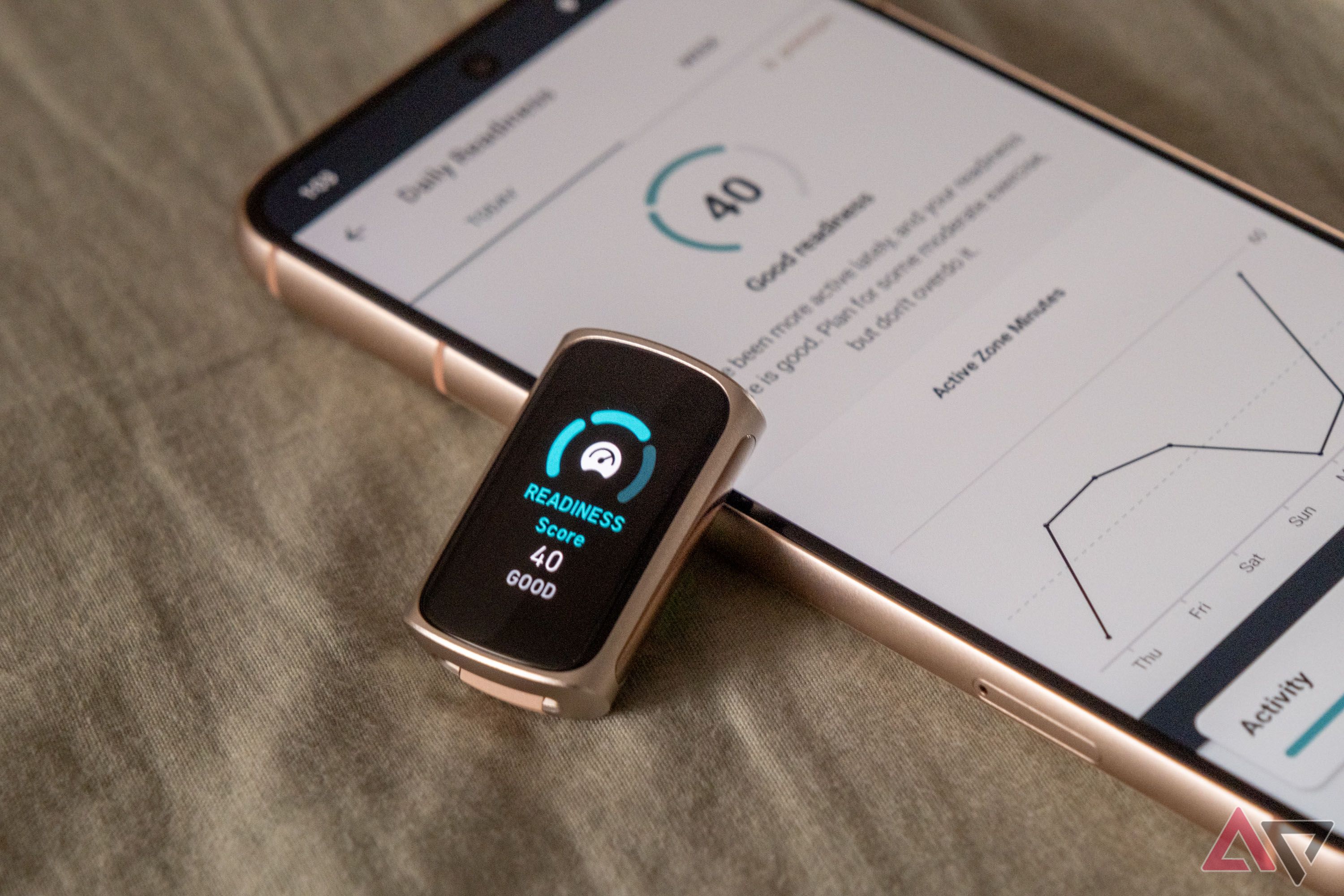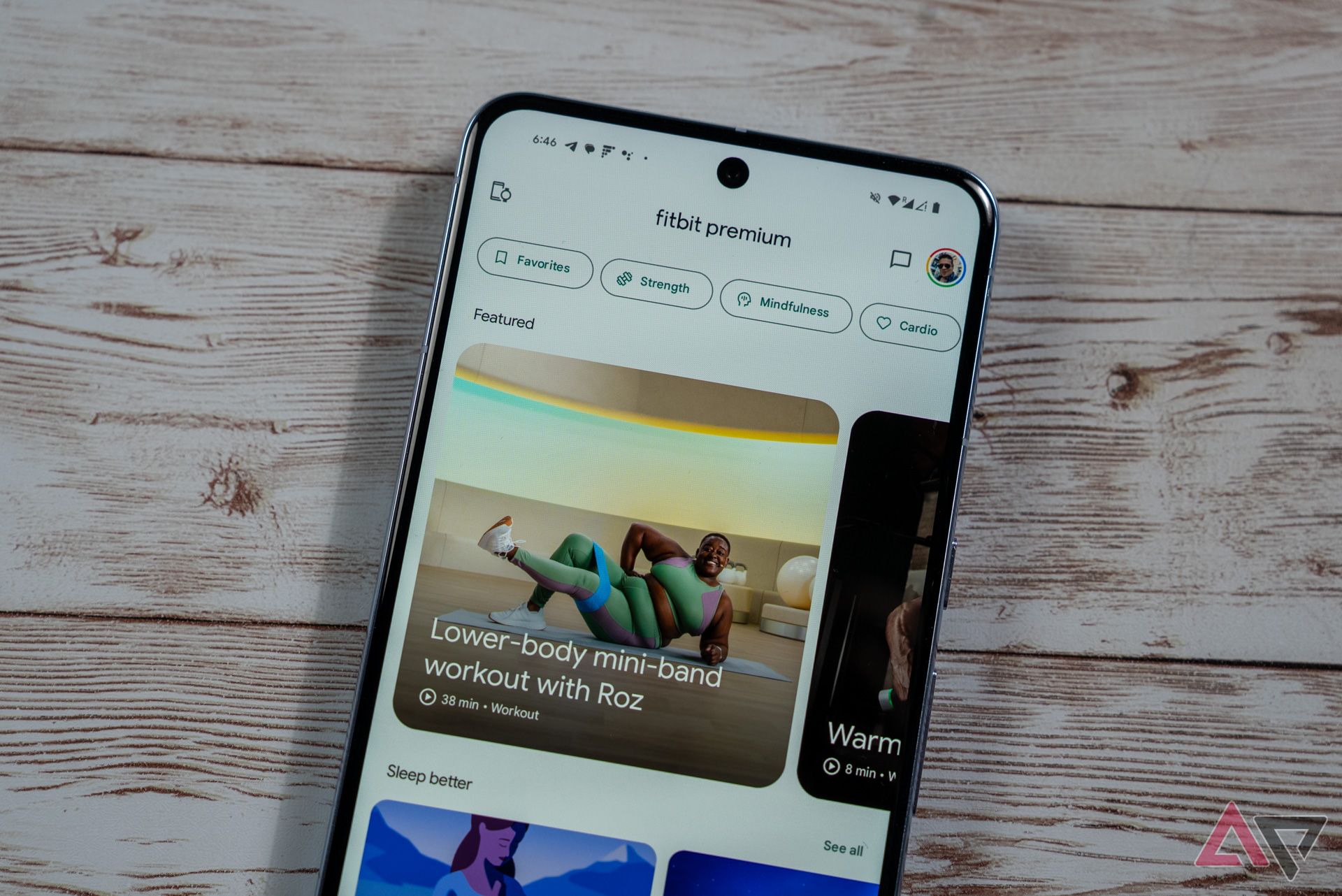Fitbit offers some of the best fitness trackers. The Google-owned company has been at the forefront of health and fitness tracking since its inception in 2007. While Fitbit has offered sleep tracking since Fitbit Ultra in 2011, it introduced the sleep score to give you valuable insights into your sleep habits and sleep quality.
Understanding the quality of sleep is important to your optimal well-being. Fitbit sleep score is a comprehensive metric that breaks down your sleep patterns into a single, digestible figure. If you are new to Fitbit, continue reading to learn more about sleep scores, how they are calculated, their implications for your health, and several tips to improve your sleep scores.

What is Fitbit?
Who is Fitbit and what do they do?
What is Fitbit sleep score?
Fitbit sleep score goes beyond sleep tracking. Don’t confuse it with your sleep duration or sleep stages. Fitbit uses several factors like sleep duration, depth, sleep stages, sleeping heart rate, and restlessness to rate your quality of sleep from 0 to 100. It is an assessment of your sleep patterns and habits for better health and well-being.
Fitbit sleep score calculation method
Wear your Fitbit tracker or device to bed and sync it in the morning. Then, open the Fitbit app, tap your sleep duration tile from the Today tab and glance over the sleep score. Calculating and displaying your sleep score usually takes a couple of minutes. Here’s how Fitbit describes your sleep score:
- Excellent: 90 – 100
- Good: 80 – 89
- Fair: 60 – 79
- Poor: Below 60
According to Fitbit, most people achieve a score between 72 and 83. You can aim to push the score higher, as studies have proved that getting sufficient high-quality sleep can affect your activity, mood, energy, weight, and productivity hours.
Fitbit sleep score compatibility
Before you check the sleep score on your Fitbit device, confirm the compatibility. Sleep score collects data through the heart rate monitor and pulse oximeter, and as a result, the function is accessible only on the company’s latest wearable and smartwatch range, including:
- Fitbit Versa series
- Fitbit Versa Lite
- Fitbit Ionic
- Fitbit Inspire HR
- Fitbit Inspire 2
- Fitbit Charge 4 and Charge 5
- Fitbit Sense
- Fitbit Luxe
- Google Pixel Watch series
Apart from the Fitbit mobile app, you can check your sleep score from your wearable. However, the steps to see your sleep score differ from one device to another. Visit the Fitbit Help Center to learn more.
Fitbit sleep score components

Your Fitbit sleep score primarily depends on three factors: sleep duration, quality of sleep, and restoration, which includes sleeping heart rate and restlessness. Let’s go over them quickly.
Sleep duration
It shows the amount of time you sleep at night. The more you sleep, the better your Fitbit sleep score. The company offers other sleep features like sleeping goals, bedtime, and reminders. According to the experts, you should aim for at least eight hours of sleep at night.
Sleep quality
Sleep quality is measured by different stages of sleep. It’s a critical part of deciding your overall Fitbit sleep score. When you go to bed, your body goes through several sleep stages: REM, light, and deep. Fitbit combines sleep stage data with heart rate to calculate your final sleep score. Here’s what every sleep stage means:
- Light sleep: Usually starts when you fall asleep. Your brain activity slows down, overcomes your senses, and stops you from moving so that you remain rested during sleep.
- Deep sleep: The most important sleep stage for your overall sleep score. Your body remains relaxed and makes you feel well-rested when you wake up.
- REM sleep: Your sleep score depends on how much time you spend on Deep and REM stages. Your dreams typically occur in this stage.
Restoration
Restoration indicates how relaxed you are during sleep. Fitbit calculates the data based on sleeping heart rate. The company compares your sleeping heart rate to your resting heart rate when you’re awake. Your sleeping heart rate should be lower than your resting heart rate for a better restoration store. If you want to check a detailed restoration rate breakdown, upgrade to Fitbit Premium (more on that later).
Improve your Fitbit sleep score
If your sleep score frequently falls below 60, use the tricks below to improve your sleep pattern.
- Create an exercise routine earlier in the day or at least four hours before you go to bed for better sleep.
- Maintain a consistent sleep schedule. While it can be hard to maintain sleep cycles on the weekends, attempt to create consistency on weekdays.
- Target the CDC’s (The Centers for Disease Control and Prevention) recommendation of 150 active minutes per week.
- If you have an active Fitbit Premium subscription, follow the suggested programs to improve the quality of your sleep.
Fitbit Premium has other perks to help you remain active, sleep well, manage stress with Mindfulness, and more. Ultimately, these factors will help you improve your Fitbit sleep score.
Speaking of sleep tracking, you can access personalized insights into your sleep style with an animal match, sleep data breakdowns, check snore and noise detection reports, and more. You’ll need Fitbit Premium, the company’s paid subscription.

Fitbit Premium review: Dubious value at a questionable price
Google makes some odd choices when choosing what to hide behind its paywall
Why can’t I see my Fitbit sleep score?
Several factors can affect your Fitbit’s sleep score function. For instance, if your tracker is too loose on your wrist or positioned in a way that affects consistent heart rate readings, your sleep score may not appear under the Today tab.
Your sleep score also fails to appear when you have an outdated Fitbit app installed on your phone. Install the newest Fitbit version to enjoy the new features and bug fixes.
If you notice incorrect sleep readings in the Fitbit app, edit a sleep log, and it should adjust your sleep score accordingly.
Decode your Fitbit sleep score
Understanding your Fitbit sleep score doesn’t require rocket science. If you constantly score less than 60, reconsider your lifestyle choices and follow our tips to improve your sleep habits. You can’t turn off sleep scores. Fitbit generates your score automatically in the background. If Fitbit isn’t tracking your sleep, read our troubleshooting guide to fix the problem.
Source link






